Genetics: Searching for answers
Solving the riddle of autism genetics will require looking beyond the growing list of candidate genes to epigenetics and personalized medicine.
Solving the riddle of autism genetics will require looking beyond the growing list of candidate genes to epigenetics and personalized medicine.
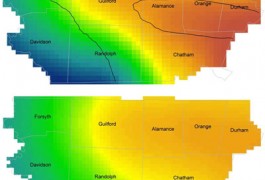
Geographical differences in autism prevalence can largely be accounted for by socioeconomic factors, according to research published 31 October in Environmental Health. The study confirms the importance of controlling for variables such as parents’ educational status when searching for environmental links to autism.
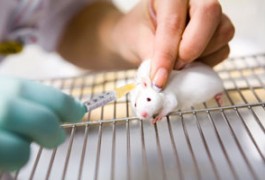
Rare antibodies taken from mothers of children with autism lead to developmental delay and anxiety in mouse pups, according to a study published 27 August in the Journal of Neuroimmunology.
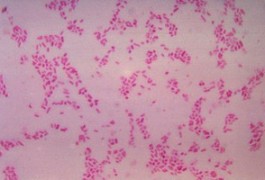
Treatment with a single bacterial species curbs anxiety and repetitive behaviors and boosts vocalizations in a mouse model of autism, according to a poster presented Monday at the 2012 Society for Neuroscience annual meeting in New Orleans.
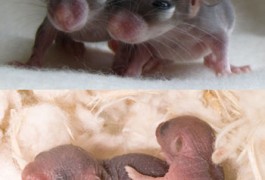
The so-called ‘spiny mouse’ species has a gestational period twice as long as that of typical laboratory mice. This makes them good models for studying the link between prenatal exposure and autism risk, according to a study published 29 August in Brain, Behavior and Immunity.
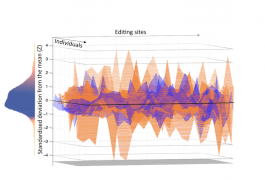
RNA editing, which creates multiple forms of a protein, is common among proteins involved in neuronal signaling, and may be abnormal in people with autism, according to a study published 7 August in Molecular Psychiatry.
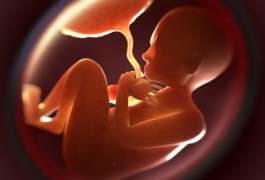
As the central organ regulating maternal-fetal interactions, the placenta is perfectly positioned to mediate environmental and genetic risk factors during prenatal development. It may also relay risk factors for autism to the fetus, says Paul Patterson.
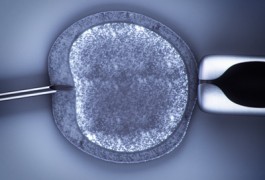
Undergoing fertility treatments, such as in vitro fertilization, does not increase the risk of having a child with autism, according to two epidemiology studies published this July.
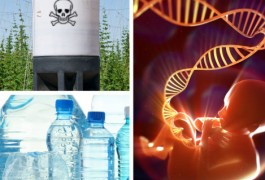
Genes and the environment each influence the role of the other in determining the risk of developing autism. Genetics can determine how susceptible one is to the environment, and environmental factors can influence gene expression and introduce mutations, says immunologist Janine LaSalle.
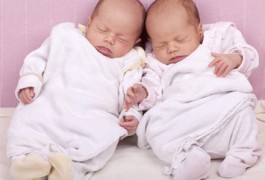
Identical twins are born with significant differences in the chemical modifications to their DNA, suggesting that the uterine environment can profoundly influence development and risk for disease.